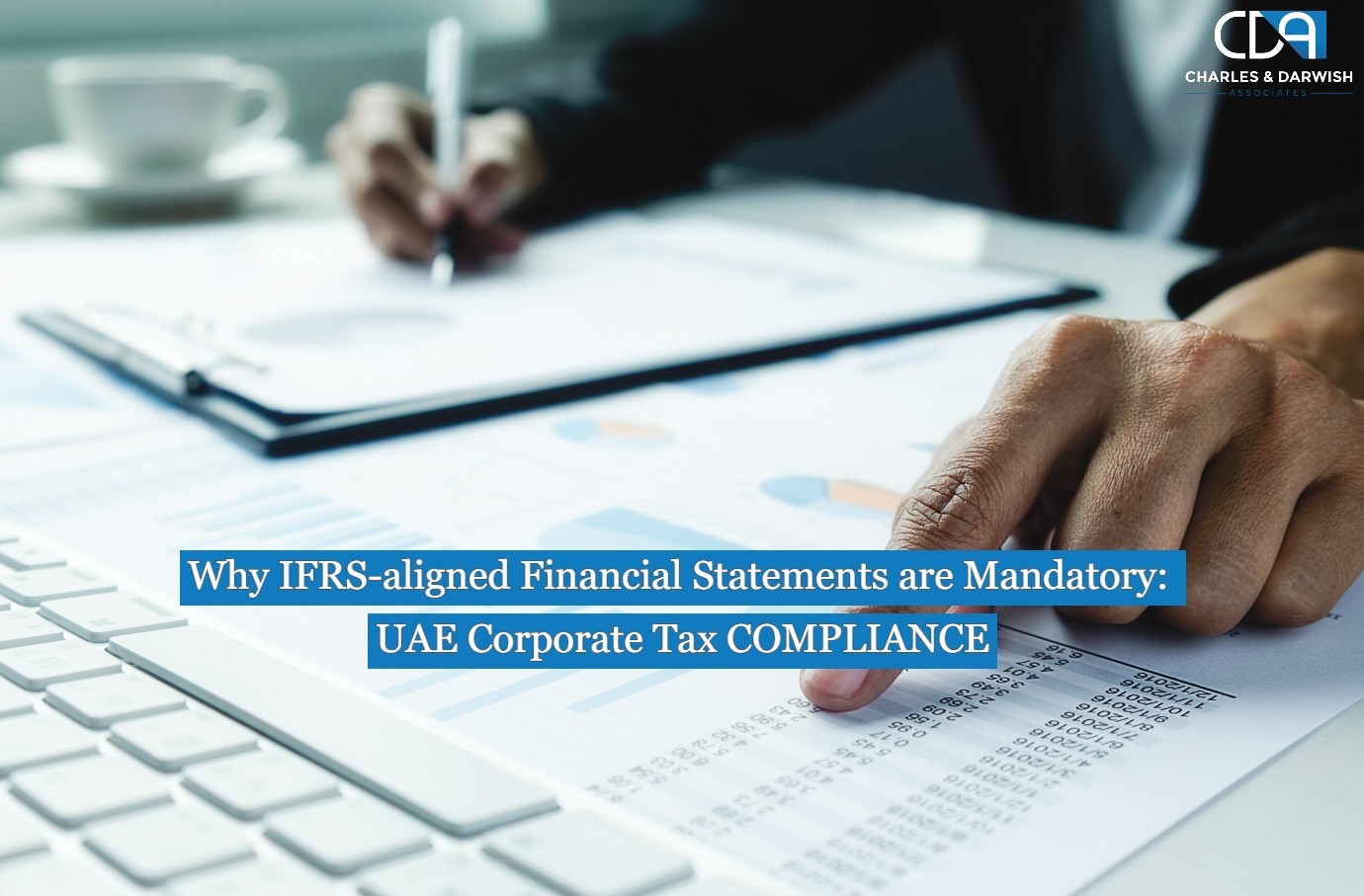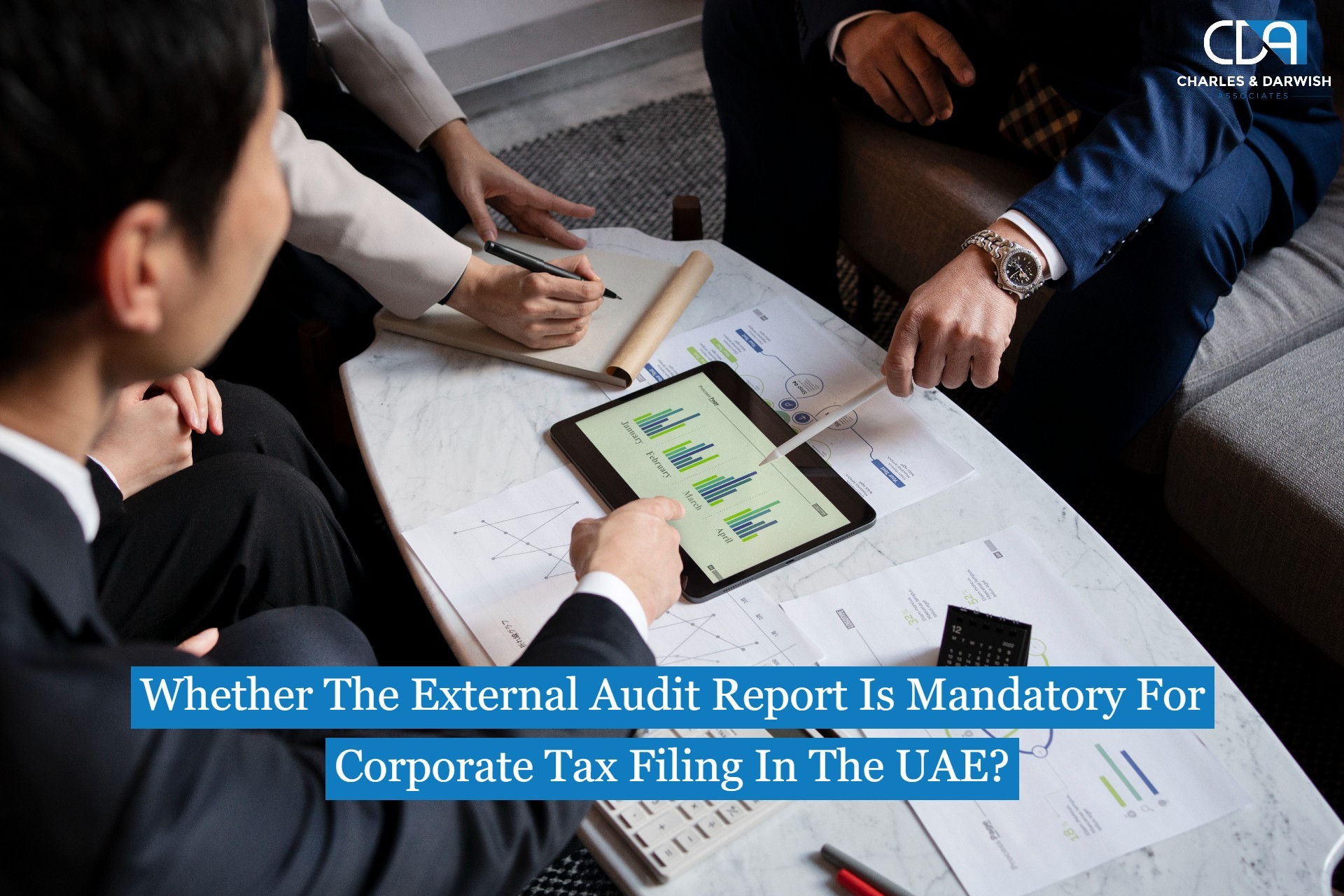Tax Group for UAE Corporate Tax
The UAE is making a bold move towards modernizing its economy by introducing the Federal Corporate Tax. Starting June 1, 2023, businesses will be subject to a 9% tax on corporate profits, signaling the UAE's commitment to adhering to international taxation standards and diversifying its revenue sources beyond oil and gas. All the companies in UAE having more than one branch and other subsidiaries will have to keep adequate knowledge about corporate tax groups in UAE. This article will let you know the criteria to be met for creating the tax groups in UAE and get possible benefits out of it.
What is a tax group?
Tax groups are a cluster of companies or firms made by a parent company with its subsidiary companies with the motive of creating a cluster and maintaining consolidated financial statements and documents for the purpose of tax filing and other tax requirements. Hence it will be considered as a single taxable entity in UAE.
Provisions for Tax Groups in the UAE Corporate Tax Law
The UAE has undergone significant tax reforms to simplify its tax system, align it with international norms, and enhance revenue generation. As part of these reforms, the UAE's new corporate tax law offers businesses the option to establish tax groups. These groups can provide relief for losses, intragroup transactions, and restructurings.
Who May Form a Tax Group?
In the UAE, a cluster of companies can unite to create a tax group and operate as a solitary taxable entity, enabling them to prepare consolidated financial statements for the applicable tax period and pay taxes based on the group's overall profits, provided they meet specific requirements outlined by the UAE Ministry of Finance.
- Whether directly or indirectly, the parent company controls at least 95% of the voting rights and share capital in the subsidiaries and is responsible for the corporate tax filings and payments of the entire group.
- Whether directly or indirectly, at least 95% of the subsidiary's profits and net assets are owned by the parent company.
- A foreign company cannot be a member of the tax group; all of the businesses making up the tax group must be registered in the UAE.
- The financial year and accounting standards used by each member of the CT tax group must be the same.
How to Determine a Tax Group's Taxable Income Under the UAE CT Law?
- Consolidation of Financial Statements: To calculate the taxable income, the parent company will aggregate the financial outcomes, assets, and liabilities of each subsidiary for the appropriate tax duration. The transactions conducted between the parent company and any subsidiary belonging to the Tax Group will be excluded from the calculations.
- Carry Forward of unutilized Tax Losses: When a subsidiary joins a tax group, any tax losses that have not been used up yet (known as "pre-grouping tax losses") become carried-forward Tax Losses of the tax group. These losses can only be used to decrease the taxable income of the Tax Group for income that is linked to the particular subsidiary.
For instance, XYZ Company has tax losses of AED50,000 that have not been used up yet. When XYZ joins the Tax Group with ABC and DEF, these losses become carried-forward tax losses of the Tax Group. These losses can only be used to decrease the taxable income of the tax group for income that is linked to XYZ.
- Effect of the exit of a subsidiary: If a subsidiary leaves a tax group, the tax group's losses remain intact, except for any pre-grouping losses that the said subsidiary has not yet utilized.
For instance, DEF company decides to leave the Tax Group. The Tax Group's losses remain intact, except for any pre-grouping losses that DEF has not yet utilized. The Tax Group can continue to use the carried-forward tax losses of XYZ to decrease taxable income linked to XYZ.
Termination of a Tax Group under the UAE Corporate Tax Law
A tax group may be terminated as a consequence of any of the following circumstances:
- On Application: The parent company can request termination by applying to the Federal Tax Authority. On approval, the tax group can be dissolved.
- Failure to meet Conditions: If the parent company fails to meet the criteria set by the authority for the formation of a tax group, the tax group may be terminated.
- Substitution of Parent Company: In any of the following circumstances, the parent company of a tax group may apply to the FTA to be replaced by a different parent company to avoid terminating the tax group.
- The new parent company complies with all the requirements set for the previous parent company.
- If the former parent company ceases to exist, the new parent company or a subsidiary is considered the universal legal successor.
Important insights on Tax Group in UAE
- The members of a tax group do not need to comply with the transfer pricing rules, if the member initiates the computation of a stand-alone taxable income to utilize the tax losses, before joining the group or after termination of the group, then they might be required to comply with the transfer pricing rules.
- The consolidated financial statements are not required to be audited unless they are included in the minister's decision.
- After the formation of the tax group, the parent company will be responsible for the computation, administration, and payment of corporate tax on behalf of the group.
- No foreign company can be included in the tax group unless it is owned and managed in UAE and considered a UAE entity for the purpose of UAE corporate tax.
Having trouble calculating your taxable income under the UAE CT Law?
Even though June 2023 may seem far away, achieving compliance with UAE CT requires a significant amount of preparation for any organization. It is advisable to delegate this responsibility to qualified tax professionals. As a reputable tax consulting firm, we can assist you in deciding whether establishing a tax group is suitable for your company and steer you through the application procedure. Get in touch with our corporate tax experts now and take advantage of a FREE CONSULTATION today.

Mark Thompson
Full-stack Developer, Blogger, and Tech Enthusiast.
Mark specializes in digital marketing, SEO, and content strategy.













